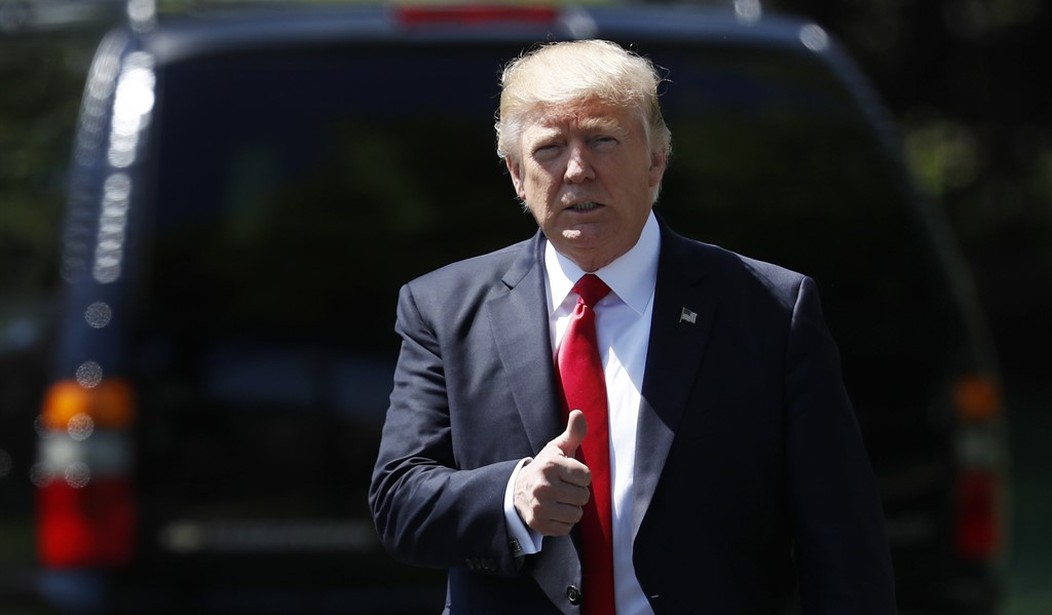An amazing graph from Pew’s new survey on Americans’ fading trust in government. If you’d asked me which party was more likely to distrust the feds over time, I’d say logically it’s the party of small government and federalism. A movement that idolizes Reagan and cites with reverence his line that “I’m from the government and I’m here to help” are some of the most terrifying words in the language isn’t going to give the feds high marks, especially when Republicans don’t control the White House. It’s Democrats, the big-government party that favors centralized authority, that’ll naturally be more inclined to trust federal bureaucrats. Sure, that trust will dip during GOP administrations, but on balance the blue line will be higher than the red line on measurements of trust.
Nope, nope, nope:

There are partisan effects on both sides but they’re way more dramatic among Republicans. Since the start of the Reagan era, GOPers have spent most of the 20 years during which they controlled the White House above 40 percent trust in government and several of those years north of 50 percent. Only as the two Bush presidencies deteriorated did their trust in the feds begin to sink. The story among Democrats, surprisingly, is the opposite — they’ve been stuck below 40 percent for most of the last 45 years, surging briefly above that line after 9/11 and during the booming economy of the Clinton era only to be driven down again due, in all probability, to the Lewinsky scandal. Never once during the age of Obama did they even approach 40 percent trust. In fact, for most of the period from 1980-2016 their level of trust in the feds was remarkably consistent, collapsing only as the Iraq war deteriorated and Bush’s approval rating crumbled during his miserable second term. They’re collapsing again now, hitting a 50-year low as Trump takes office.
What gives? The pat answer, which is no doubt largely correct, is that Vietnam and Watergate wrecked public trust in the federal government on both sides but far more durably on the left. Republicans approached their early 1970s levels of trust in the federal government during the heyday of Reaganism and after 9/11 but Democrats never have. A Bernie fan might tell you that’s because there are huge swaths of progressives who have never bought into the Clinton/Obama neoliberal approach to government. If you want to see trust in the federal government surge on the left, restore the Great Society or, better yet, embrace democratic socialism in full flower. (What that would do to neoliberal trust in the government remains to be seen.) On the right, meanwhile, movement conservatism was the dominant mode of Republicanism since the start of Reagan’s term until the primaries last year. So long as Reagan and the Bushes gave voters something approximating that, or something that could semi-plausibly be described as that, Republicans were happy to trust them. Maybe that’ll change now, though, and we’ll see more depressed levels of trust as a permanent feature on the right even under the Trump administration for the same reason that trust has been depressed on the left. Because the right has fractured between small-government conservatarians and bigger-government populists, some segment of the base is bound to be unhappy even with a Republican president in office just as some progressives have been unhappy with neoliberal Democrats. When everyone thinks they’re losing, it’s hard to generate trust.








Join the conversation as a VIP Member